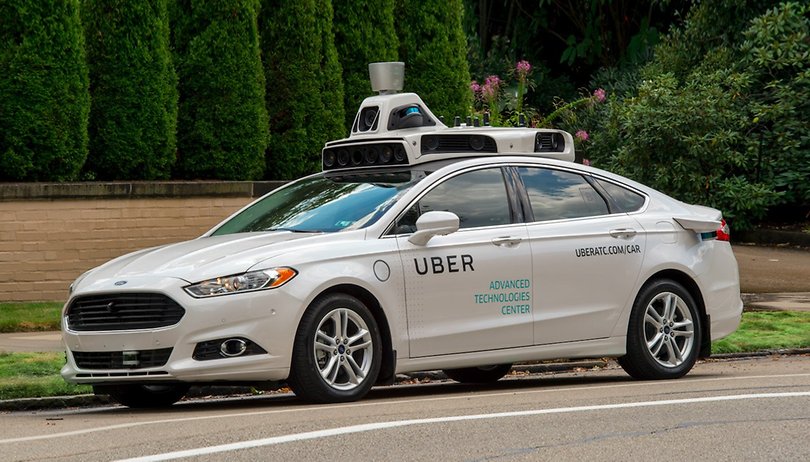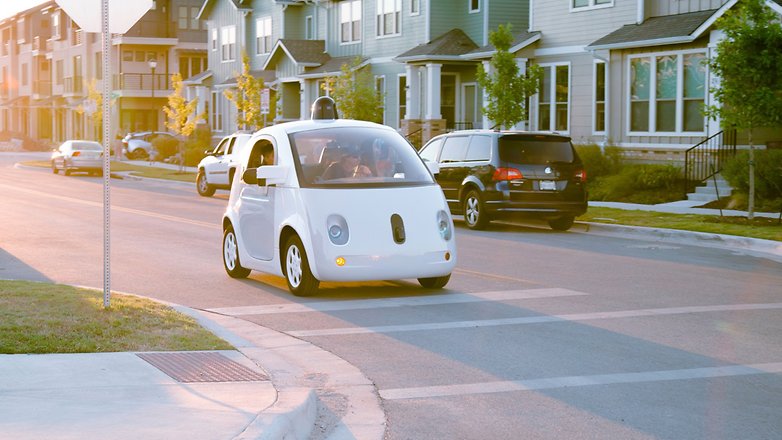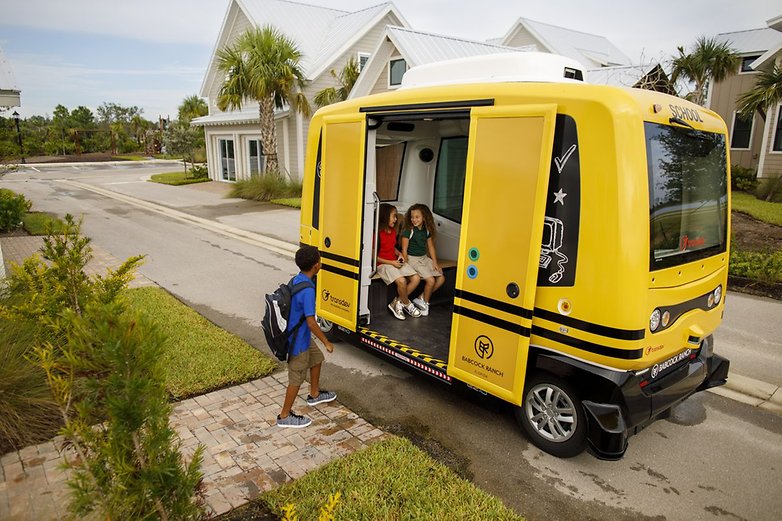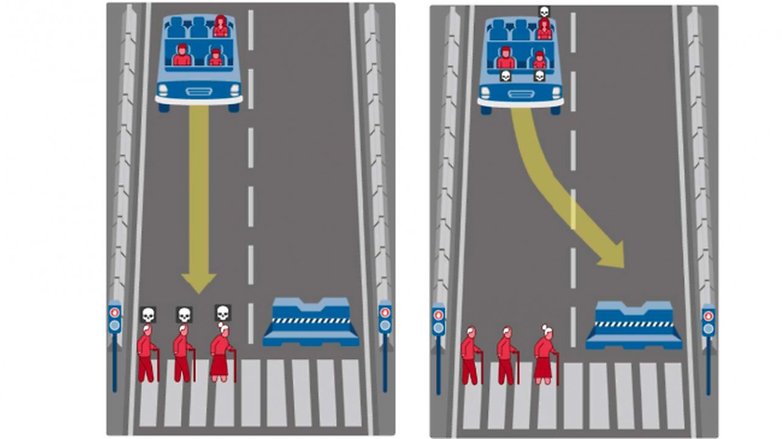Fasten your seatbelts, the self-driving vehicle resistance is coming

Self-driving vehicles, once a futuristic concept confined to science fiction, are very much upon us. Autonomous cars are already on our roads and driving our kids to school, but are we really ready to put our lives in the hands of machines?
The term “self-driving” is a rather ambiguous term in today’s mobility market. As manufacturers race to build the cars of the future, each company is doing it slightly differently and diversifying the technology. We’re also seeing the arrival of semi-autonomous cars, such as Tesla's latest autopilot, uncovered last week.
It’s just not traditional car manufacturers getting involved either. Apple is working on self-driving cars, as is Google. Uber’s self-driving vehicle plans were suspended in Phoenix, Pittsburgh, San Francisco and Toronto after the company was involved in the first reported fatal accident involving a car that was driving itself in Arizona earlier this year.

In Florida, the Transdev, Babcock Ranch Pilot Autonomous School Shuttle is an autonomous school bus that transports children to and from school. Although the EasyMile Easy10 Gen II, a fully electric shuttle, is capped at 12mph for now, are people really ready to put the lives of their children in the hands of an intelligent machine?

Machine morality will have to play a part in safety
Just this weekend, a study published in Nature: International Journal of Science, found that participants believed that AI should prioritize younger lives over the elderly. When confronted with a scenario in which a self-driving vehicle could swerve to avoid three elderly pedestrians, whilst taking the lives of a young family on board in the process, participants chose to save the passengers.

Almost 40 million decisions were evaluated and the experiment found several distinctions such as humans should be spared over pets, legal pedestrians should be spared over jaywalkers, and even more worrying factors such as men spared over women and those with higher social status spared over those of lower.
In the real world, the information available at the time of making the decision is not the same, of course. In the experiment, participants are told the certain outcome of accidents, including certain fatalities, something that is not possible in reality. Sure, it’s just a social experiment, but self-driving vehicles will have to make these decisions, just as humans do when behind the wheel, to some extent.
The issue of safety is one that can subside over time. I suspect that, like with all modern technology, initial fear will fade once the technology becomes mainstream. What may take longer for society to accept is the moral decisions that self-driving vehicles will have to make when they populate our roads and highways.
It feels like 2018 is a year where autonomous vehicle innovations are speeding up. But I worry that the wider world is moving towards acceptance in a lower gear. I fear that resistance to this new technology is just around the corner.
Is the world ready for self-driving vehicles? Let us know in the comments below.
Source: Techradar




Where's my flying car? I want my flying car!
Uber is developing a passenger drone. I think lyft totally missed out on the idea given their perfect name.
I think the biggest issue is not a backlash per se, but allowing "perfect to become the enemy of good".
Arizona forced Uber to shut down because they looked at it as "you are horrible because you got 1 person killed instead of the zero that would have died if you weren't testing" instead of "you are amazing because you only had 1 person die instead of the 919 who died driving their own vehicles in the same year".
Data from Arizona's 2017 crash-facts report published and hosted by azdot.
I won't use it 99% of the time. I'm one of those weird almost 60 year old types that ENJOYS driving. As long as I have my tunes, I'm good. I still prefer to drive a manual transmission too. If I were to use some sort of automated, it would be on a long interstate drive, to stretch my legs, arms what not, but not for "just driving".
I've been mainly intrigued about the interaction of human drivers with robot drivers. The working asssumption is that robots will have to be near-perfect for insurance liability purposes, and that will have deeply different effects. My guess is human drivers will really welcome large robot vehicles (delivery trucks, 18-wheelers, buses, streetcars) for their perfect law abiding behavior and predictability: no more white pills or faked logbooks, no ballin' jack on your tail at 80mph, no clogging city lanes to unload at storefronts. The opposite will be true of personal robot cars, which will drive like millions of golf hat wearing grandmothers, clogging instead of squeezing left turn yellows, scrupulously observing posted limits regardless of "natural flow", and they will generate road rage and vandalism, when occupied by passengers but mainly when running around themselves. My guess has been cities will have to zone traffic to ban human drivers, robots only, or vice versa - but that the Big Boys will mix in true motorized multi-culty.
There is no benefit, ony a disaster of driving joblessness and many other risks. Can anyone tell me what is the actual specific need to have driverless cars? Or just want to prove innovation of technology? And if someone says it is beneficial, then you are taking risk of your precious life against innovation of technology or saving driver salaries.
Improve safety, people are free for other more productive work, reduce traffic and congestion with lower need for cars. Better use of space without the need for such huge parking lots. The list goes on quite a bit more
Of course there will be.
I'm of an age where a car gave you the social power phones give teens today. In the Western world. And so I enjoy driving a responsive nimble car. But my children don't care about cars and driving because the phone connected them to their friends as a car did my youth. The youth will be fine with self driving. When the elederly start to have their licenses curtailed for age related reasons, they'll love self driving cars too.